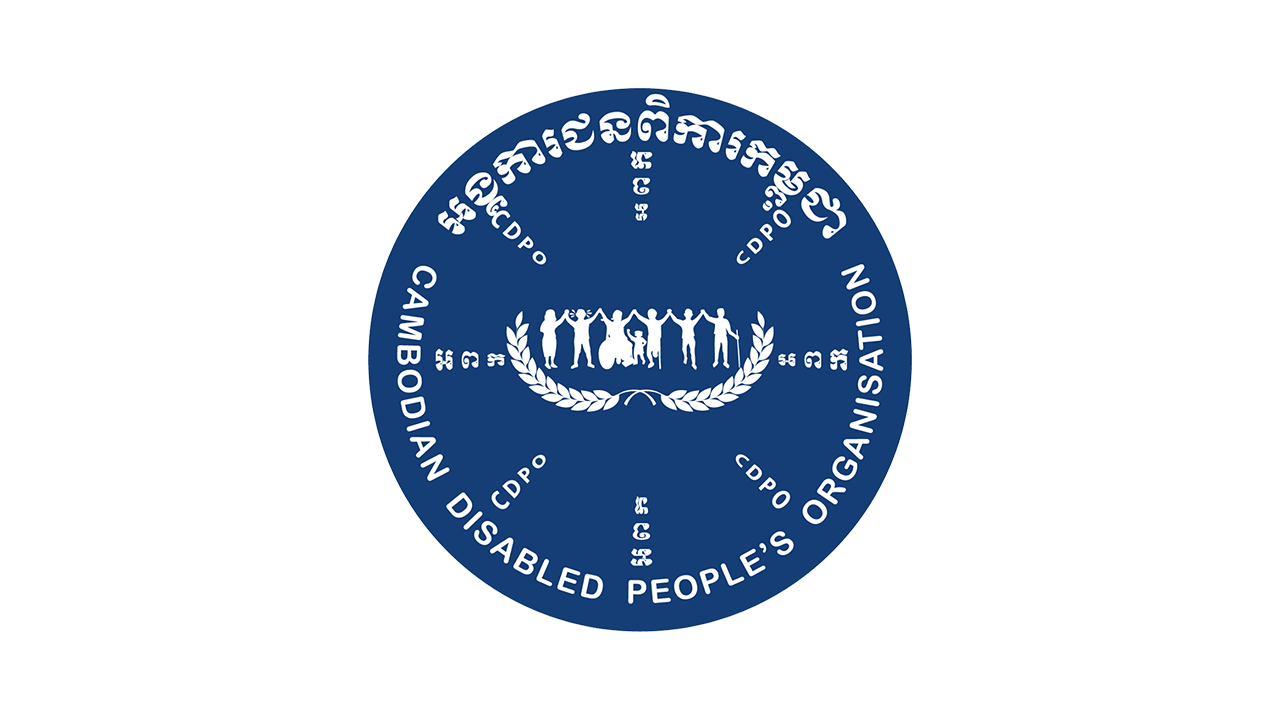It is not easy for somebody with a disability in Indonesia to become a politician. When the late Gus Dur was nominated for the presidency, which he eventually won, many opponents tried to block the nomination because Gus Dur was blind. Many believed being blind made him unfit to rule.
The debate over Gus Dur’s disability opened the eyes of many Indonesians to the issues of the political rights of persons with disabilities, and paved the way for improvements in election laws and regulations in Indonesia. These improvements made it possible for persons with disabilities to participate in elections not only as voters, but also as candidates.
The number of persons with disabilities running for office is still very small number. This is unsurprising, considering that most persons with disabilities in Indonesia struggle to overcome poverty, discrimination, lack of education and other obstacles. Those who do manage to run as candidates face stigmas, as did Gus Dur during his campaign.
However, some do overcome the odds, and not only run as candidates, but win. One such person is Anni Juwairiyah, who served as a member of the East Kalimantan Province House of Representatives from 2004 to 2009.
Juwairiyah contracted polio when she was two years old and has been a wheelchair user ever since. Instead of sending her to a special school for persons with disabilities, her parents decided to send her to a public school when she was five. She was not aware that disability rights was an issue until much later in her life, after she got involved in politics and became a member of the East Kalimantan House of Representatives.
“I was very ignorant of disability rights issue at that time, because I had never become part of the disability community. In the early days of my involvement in politics, I was more focused on women issue than disability issue,” Juwairiyah said.
Juwairiyah has been active in many organizations since she was a student. While attending Surakarta State University, she was active in the Muhammadiyah Student Association; and after graduating, she became an activist in Muhammadiyah’s women’s organization, Aisyiyah.
Muhammadiyah is the second-largest Islamic organization in Indonesia. It is tied to the National Mandate Party (Partai Amanat Nasional/PAN). Former Muhammadiyah Chairman Amien Rais founded PAN. Because of Juwairiyah’s long association with Muhammadiyah, several party members urged her to join the party as a member.

She was hesitant at first, but then accepted. Juwairiyah became the secretary for the Women Empowerment Body of the party, a position she held from 2000 to 2005. When she decided to run as candidate in the 2004 election, she had been an active member of PAN for several years.
For the 2004 election, the Indonesian parliament passed an affirmative action law requiring political parties that at least 30 percent of the candidates on their lists be female. To fulfill that requirement, PAN put Juwairiyah’s name onto their list for the East Kalimantan provincial parliament. PAN even listed her name first, which made the possibility of her gaining a seat relatively high. Juwairiyah consequently won a seat and became a member of the East Kalimantan parliament.
In the parliament she was assigned to the public welfare committee, which covers women rights, labor, education and sports. At that time, the East Kalimantan provincial government was preparing to host the biannual national Olympics for which the local parliament was in charge of allocating budget.
During the budgetary discussion, Juwariyah learned the East Kalimantan province had to host two events. In addition to the national Olympics, the National Paralympic event for persons with disabilities was also scheduled for that same year.

Juwairiyah had the opportunity to meet many disability groups leading up to the Paralympics. It was from these meetings that she was first introduced to disability issues. Through the discussions, she also became acquainted with disability rights activists, including activists from the Indonesia Disabled People’s Association (Persatuan Penyandang Cacat Indonesia/PPCI).
After she had finished her term in parliament, she was elected to become chairman for the East Kalimantan chapter of PPCI in 2010, a position she still holds today.
Juwairiyah has said one of her greatest strengths is that she has never seen herself as somebody who has a disability. She was mocked at times, while in school, but she never paid much attention to it. “The challenges are great,” she acknowledges. Her perseverance and self-confidence have served her well, but she recognizes that sometimes perseverance and self-confidence are not enough. Persons with disabilities are underrepresented in the parliament. During her term, she was the only member of parliament with a disability – out of 45. This is an unfortunate statistic considering the World Health Organization estimates approximately 15 percent of the global population have some form of disability. To remedy this, she hopes that in the future Indonesia will have some kind of affirmative action for persons with disabilities, in the form of quotas of seats allocated to persons with disabilities in the parliament. This affirmative action will require political parties to field candidates with disabilities on their list.
Juwairiyah is positive about the future. “The awareness regarding disability rights is rising in Indonesia, especially since Indonesia ratified the CRPD [Convention on the Rights of Persons with Disabilities]. A lot still needs to be done, but it is a very important step in realizing disability rights in our country,” she said. She also calls for more changes in law and regulatory framework to accommodate the rights of persons with disabilities in Indonesia, as well as to bring them more in line with the convention.










